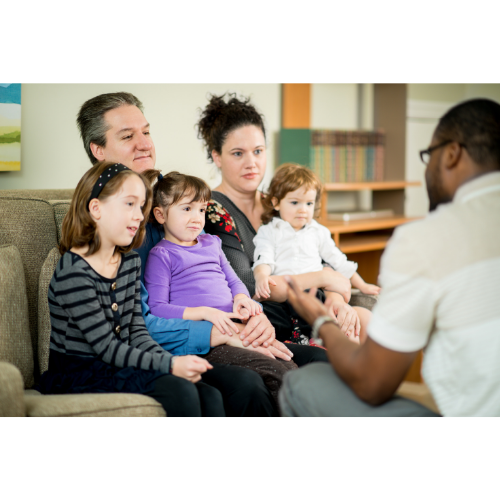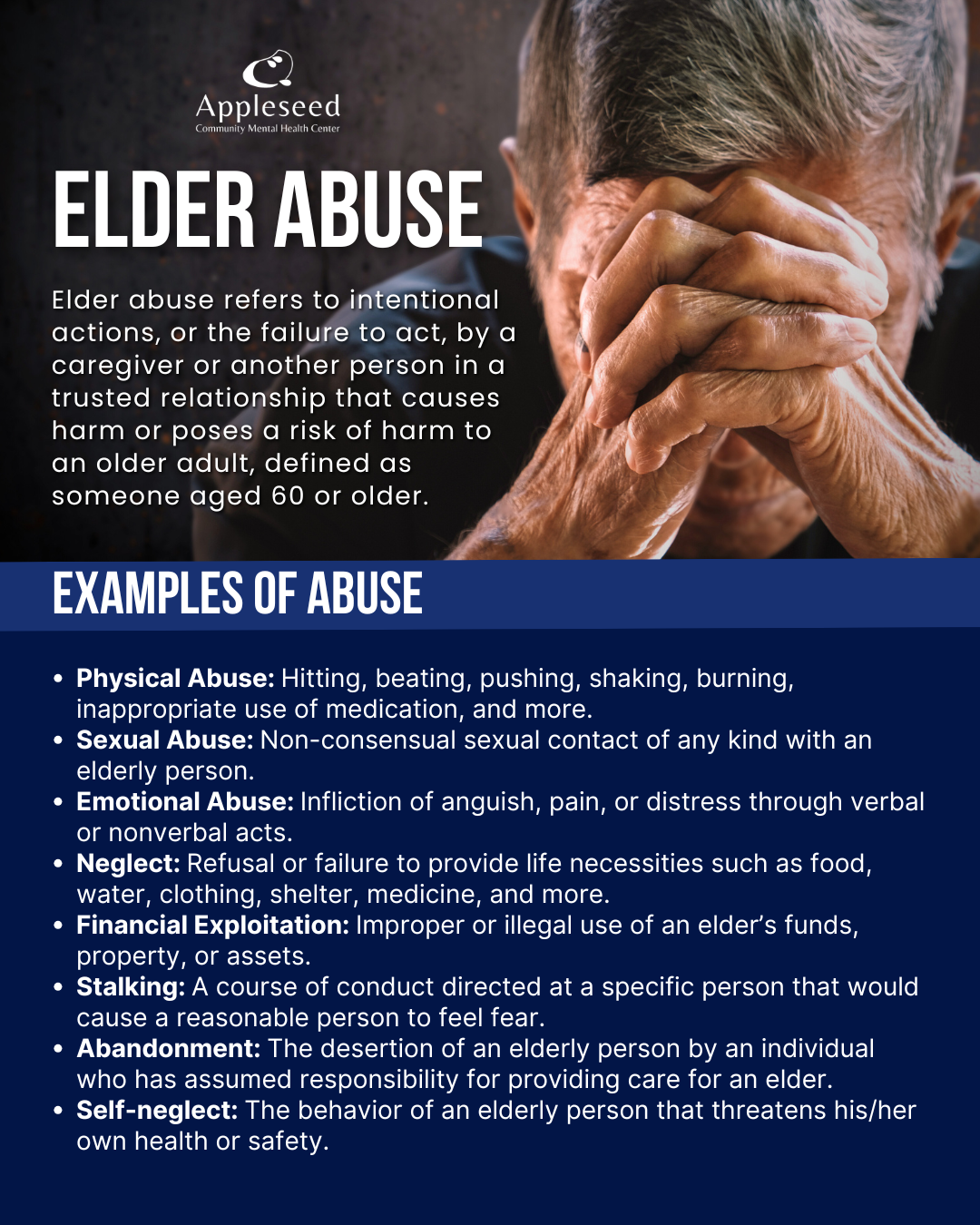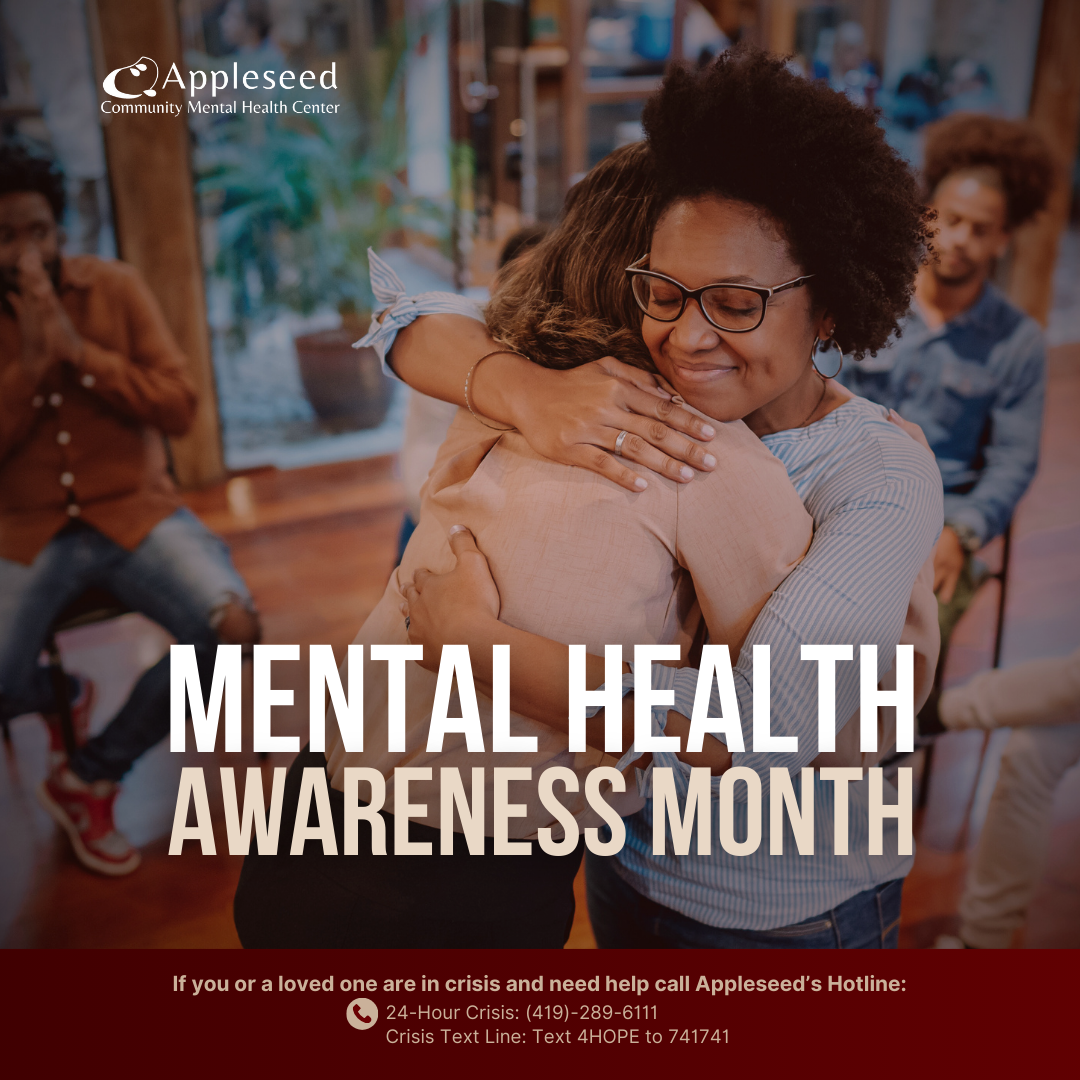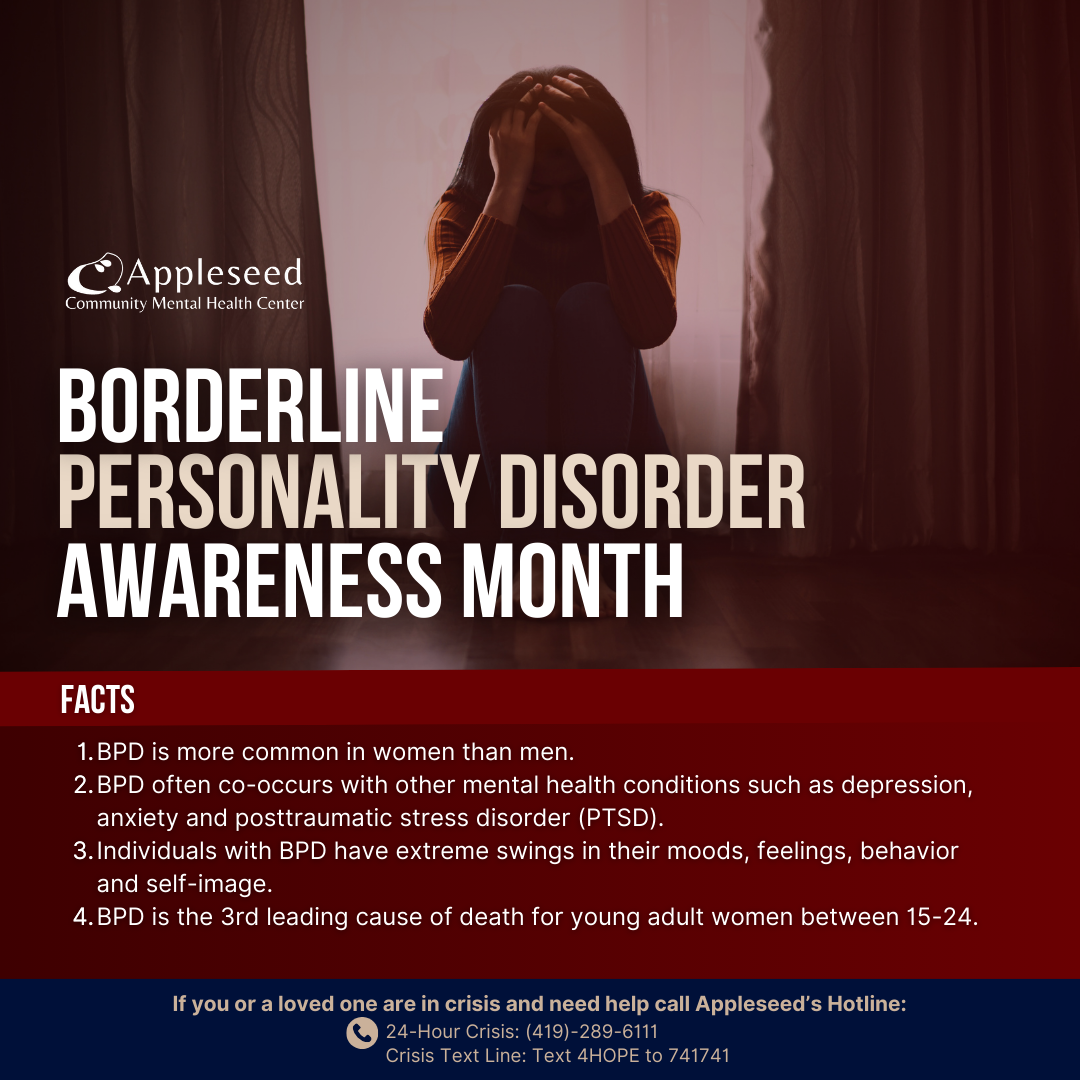Family Mental Health Services
Keeping Families Strong Program
The Keeping Families Strong Program plays a critical role in intervening with families at risk of having their children removed from the home due to histories of trauma, behavioral issues, and/or mental health concerns. This program utilizes evidence-based models such as Integrative Family and Systems Treatment (I-FAST) and Family Systems Trauma (FST) to effectively address trauma while engaging the entire family and their natural support systems in the healing process.
The I-FAST model is an evidence-based family treatment approach designed to address specific symptoms and concerns identified by parents. By leveraging both the agency's and the family's strengths and resources, this model fosters positive outcomes for families with children and adolescents facing severe emotional and behavioral challenges.
The FST technique, integrated within the Parenting Love & Limits® (PLL) System of Care, focuses on using structural and strategic family therapy directives to address unresolved emotional wounds within the family context. This approach, guided by the PLL logic model, seeks to reduce risk factors and enhance protective factors, contributing to healthier family dynamics.
The Keeping Families Strong Program is funded in part by the Ashland County United Way.







